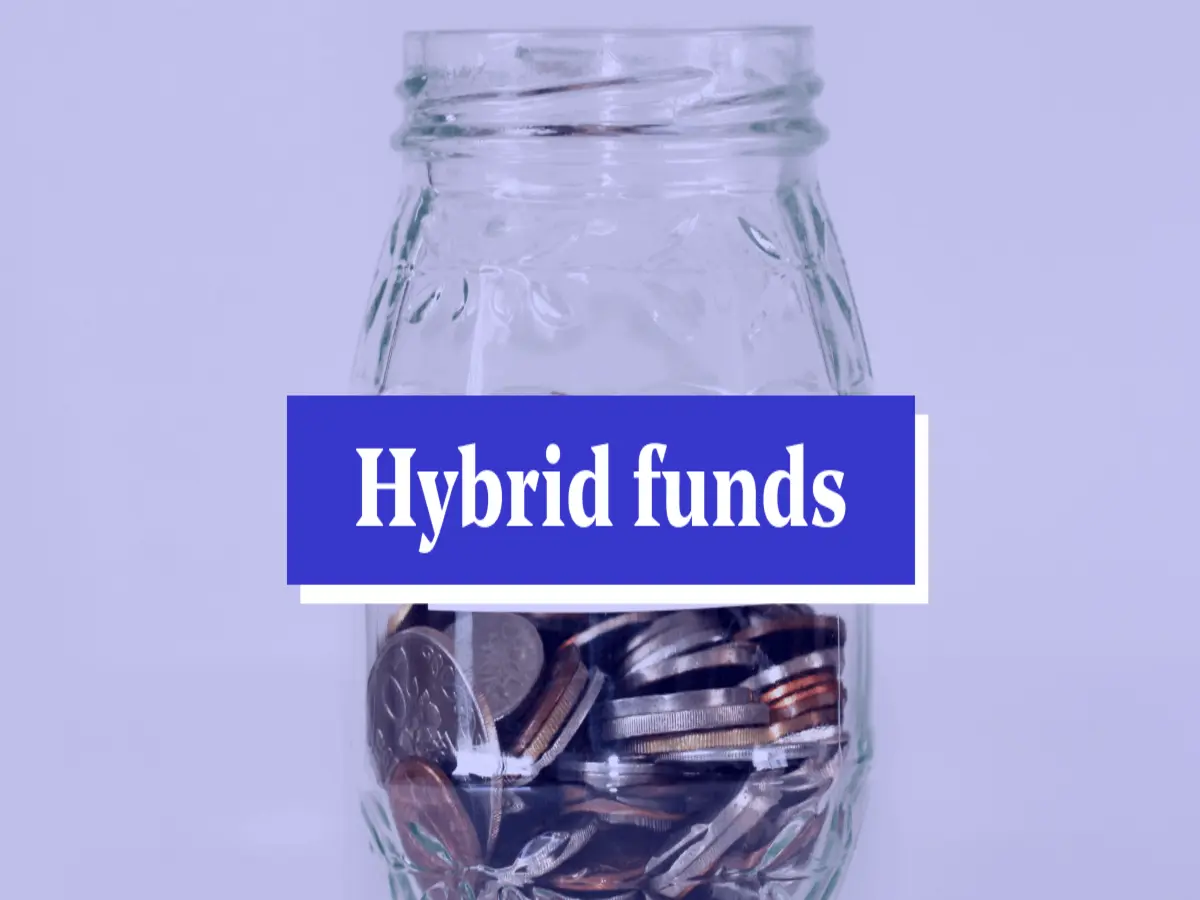Personal Finance News
SEBI proposes introduction of hybrid passive funds, check details here
.png)
3 min read | Updated on July 09, 2024, 18:54 IST
SUMMARY
Securities and Exchange Board of India (SEBI) recently proposed the introduction of hybrid passive funds. These funds will replicate a hybrid index consisting of debt and equity index. SEBI stated that the inclusion of such a fund will allow investors to further diversify and provide greater flexibility.

SEBI Proposes Introduction of Hybrid Passive Funds. What are the Benefits of Investing in Them?
The Securities and Exchange Board of India (SEBI) recently proposed the introduction of hybrid passive funds. These funds will replicate a hybrid index consisting of debt and equity index. SEBI stated that the inclusion of such a fund will allow investors to further diversify and provide greater flexibility.
The regulator announced that only three sets of hybrid passive schemes will be permitted initially. These sets include debt-oriented schemes in which the asset allocation ratio of equity and debt is 25:75, balanced schemes with a 50:50 ratio, and equity-oriented schemes with a 75:25 ratio.
Additionally, SEBI stated that a mutual fund can only launch one scheme under the hybrid passive fund scheme. The minimum subscription offer at the time of the new fund offer (NFO) for a hybrid exchange-traded fund (ETF) or hybrid index fund shall be ₹10 crore.
Passive funds are instruments that track a particular index or market segment. The funds try to mirror the underlying instrument to replicate the returns instead of trying to outperform the underlying through proactive security selection. Index funds are an example of passive funds that utilise various investment techniques to track the benchmark index as closely as possible to generate identical returns.
The proposed hybrid passive funds will offer several benefits to investors. Investors seeking exposure to a hybrid fund can invest in a passive fund, which aims to replicate the index’s returns. Since the fund will not seek to outperform the index through active security selection, it will also have a low chance of underperformance. That said, passive funds do pose a small risk of underperformance because of tracking error.
Since index funds do not engage in active stock selection, they will also offer a relatively lower expense ratio compared to actively managed hybrid funds. Different sets of hybrid passive funds will also help investors allocate their funds based on their risk tolerance.
Investors with the appropriate risk appetite to invest in an active hybrid fund can also invest in a passive hybrid fund. Hybrid funds will especially make sense for investors who do not wish to risk the underperformance of their funds vis-à-vis the index.
Hybrid funds fall into various categories: conservative (high debt exposure), balanced (roughly split between equity and debt), and aggressive (high equity exposure). Hence, investors should consider the ideal fit for the portfolio in line with their investing horizon, risk appetite, and goals.
Investors should consult their financial planner before making investment decisions.
By signing up you agree to Upstox’s Terms & Conditions
About The Author
Next Story

